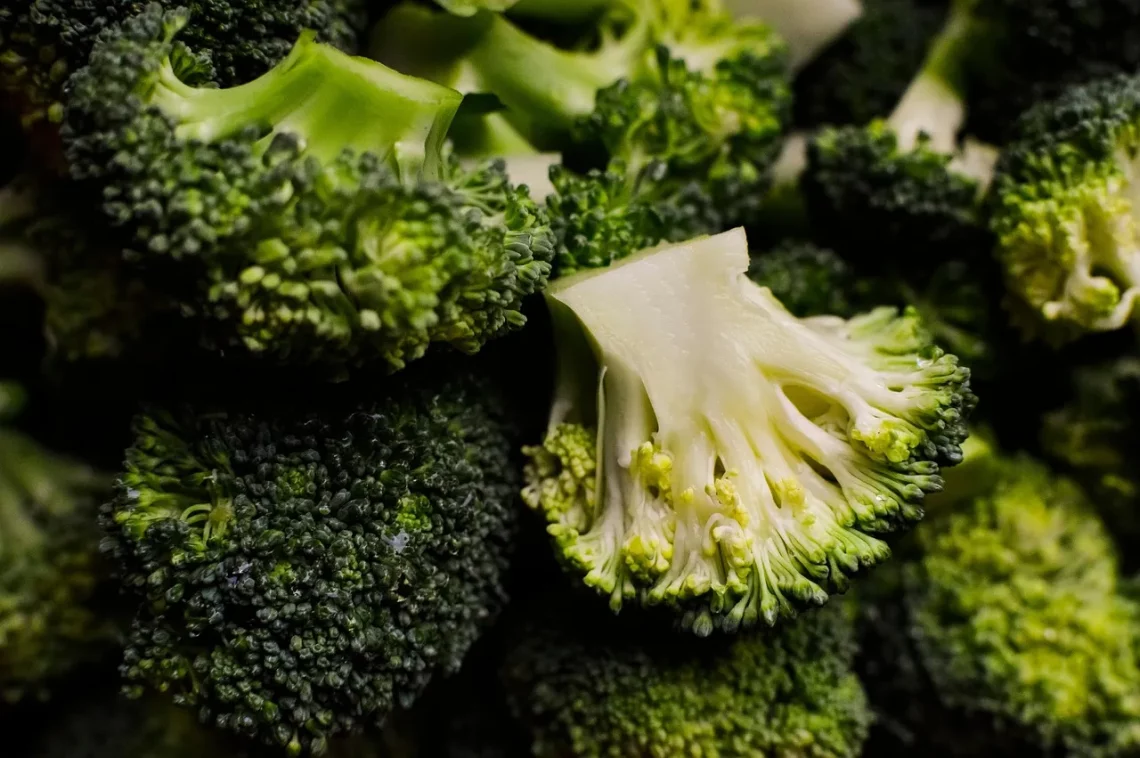
Can Guinea Pigs Have Spinach? What You Need to Know
Guinea pigs are delightful pets that often captivate the hearts of their owners. These small, social rodents are known for their playful behavior and gentle disposition. As caring pet parents, it’s essential to provide them with a balanced diet that meets their nutritional needs. One of the questions that frequently arises among guinea pig enthusiasts is whether spinach can be included in their diet. The importance of understanding what foods are safe and beneficial for guinea pigs cannot be overstated, as improper feeding can lead to health issues.
In the quest to offer the best care for these adorable creatures, it’s crucial to explore various food options, including leafy greens like spinach. While many people enjoy spinach for its nutritional benefits, pet owners must consider how these benefits translate for their guinea pigs. The dietary habits and requirements of guinea pigs differ significantly from those of humans, making it essential to research thoroughly before introducing new foods. A well-informed approach can help ensure that your guinea pig remains healthy and happy, contributing to a long and joyful life together.
Nutritional Value of Spinach
Spinach is often celebrated for its rich nutritional profile, making it a popular choice among health-conscious individuals. Packed with vitamins, minerals, and antioxidants, spinach can provide a host of benefits when consumed by humans. Key nutrients found in spinach include vitamin A, vitamin C, vitamin K, iron, and magnesium. These components play a significant role in promoting overall health, supporting the immune system, and aiding in proper bodily functions.
However, when it comes to guinea pigs, the story changes slightly. While spinach contains several essential nutrients, it also has high levels of oxalates. Oxalates can bind to calcium in the body, potentially leading to kidney stones and other health issues in guinea pigs. This is particularly important because guinea pigs are unable to synthesize vitamin C on their own, necessitating a diet rich in this vital nutrient. Therefore, while spinach does provide some vitamin C, it is not the best source due to its oxalate content.
When considering whether to include spinach in your guinea pig’s diet, moderation is key. Offering spinach as an occasional treat, rather than a staple food, can help mitigate the risks associated with oxalates. It’s important to introduce any new food gradually, monitoring your guinea pig for any adverse reactions. Always ensure that the majority of their diet consists of high-quality hay, fresh vegetables, and specially formulated guinea pig pellets. This balanced approach will help promote optimal health while allowing for occasional indulgences in foods like spinach.
Alternatives to Spinach for Guinea Pigs
Given the potential risks associated with feeding spinach to guinea pigs, many pet owners may wonder what alternatives are available. Fortunately, there is a wide variety of leafy greens and vegetables that are both safe and nutritious for these small animals. Some excellent options include romaine lettuce, kale, parsley, and cilantro.
Romaine lettuce is a favorite among guinea pigs due to its crisp texture and high water content, which helps keep them hydrated. It’s also low in oxalates, making it a safe choice for daily feeding. Kale is another nutritious option, as it is rich in calcium and vitamin C. However, like spinach, kale should be offered in moderation due to its calcium content, which could contribute to urinary tract issues if fed excessively.
Parsley and cilantro are also great choices, providing not only essential vitamins but also a burst of flavor that many guinea pigs enjoy. These herbs can be offered regularly without the concerns associated with high oxalate levels. Additionally, other vegetables such as bell peppers, carrots, and zucchini can be included in their diet for variety and nutrition.
When introducing new foods, it’s vital to remember that guinea pigs have sensitive digestive systems. Always wash fresh produce thoroughly to remove any pesticides or contaminants, and cut them into manageable pieces. This approach can minimize the risk of choking and ensure safe consumption. By offering a diverse array of vegetables, guinea pig owners can create a balanced diet that supports their pet’s health while keeping mealtime exciting.
Benefits of a Balanced Diet for Guinea Pigs
Providing a balanced diet is crucial for the overall health and longevity of guinea pigs. A well-rounded diet not only supports their physical well-being but also contributes to their mental and emotional health. Fresh hay should be the cornerstone of their diet, as it aids in digestion and helps maintain dental health by promoting natural chewing behaviors. Timothy hay, orchard grass, and meadow hay are excellent choices to include in their daily feeding routine.
In addition to hay, fresh vegetables and fruits can enhance their diet, offering essential vitamins and minerals. Vitamin C is particularly important for guinea pigs, as a deficiency can lead to serious health issues such as scurvy. By incorporating a variety of vegetables rich in this vitamin, such as bell peppers and leafy greens, owners can help prevent deficiencies.
Furthermore, feeding a high-quality guinea pig pellet can complement their diet, providing necessary nutrients that may not be sufficiently met through fresh produce alone. These pellets are specially formulated to meet the dietary needs of guinea pigs, ensuring they receive a balanced intake of vitamins and minerals.
A diverse and nutritious diet can lead to a happier, healthier guinea pig. It can reduce the likelihood of obesity, dental disease, and other common health problems associated with poor nutrition. Additionally, providing a variety of foods can stimulate their curiosity and encourage natural foraging behaviors, making mealtime an engaging experience.
Conclusion: Making Informed Dietary Choices
In conclusion, while spinach can be included in a guinea pig’s diet, it should be offered in moderation due to its high oxalate content. Understanding the nutritional needs of these beloved pets is essential for their health and well-being. By exploring safe alternatives and providing a balanced diet, guinea pig owners can ensure their pets thrive.
It’s always advisable to consult with a veterinarian who specializes in small animals if you have concerns about your guinea pig’s diet or health. Regular check-ups can help catch any potential issues early, ensuring that your guinea pig remains a happy and vibrant companion.
**Disclaimer:** This article is for informational purposes only and is not intended as medical advice. For any health-related concerns regarding your pet, please consult with a qualified veterinarian.




